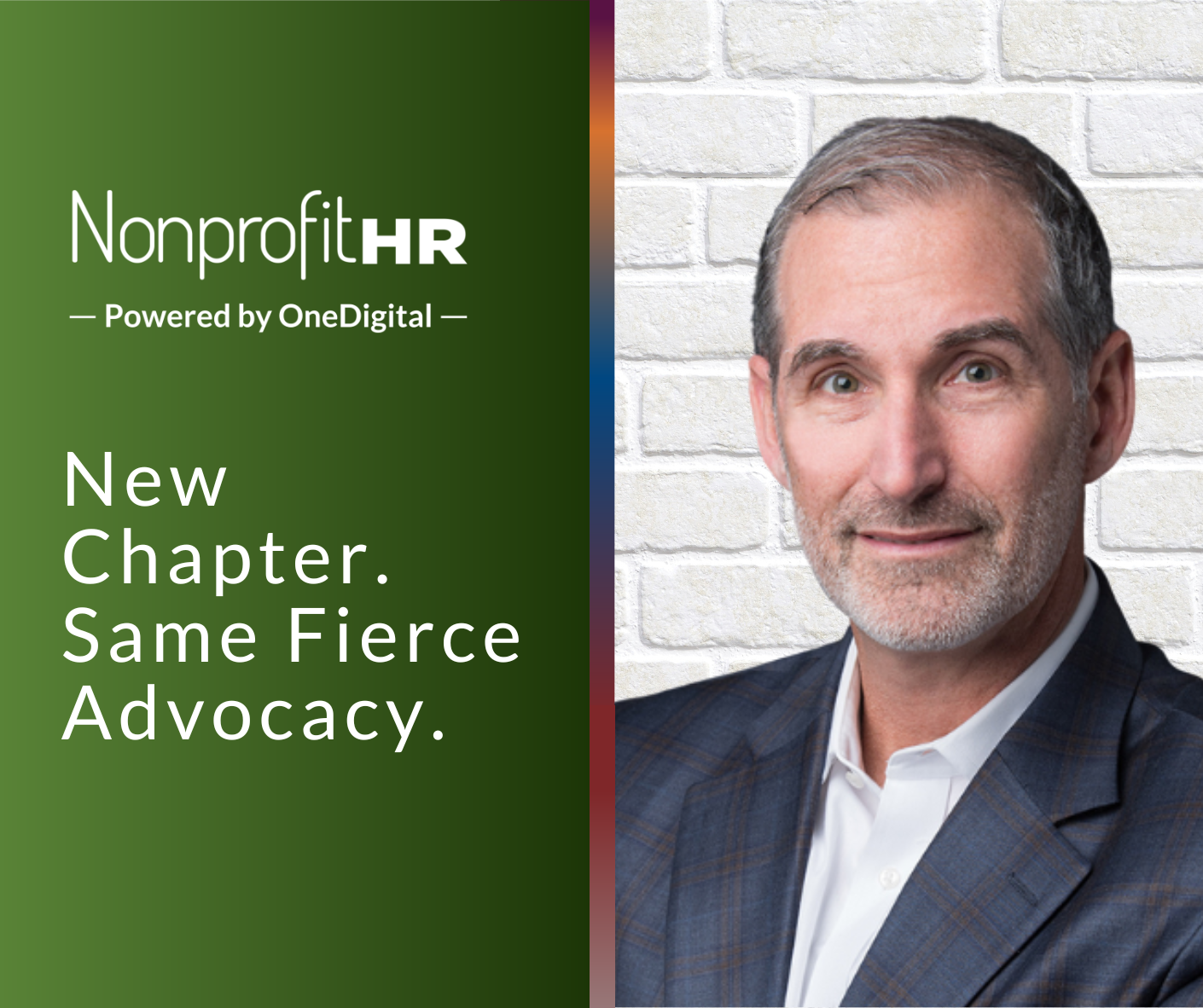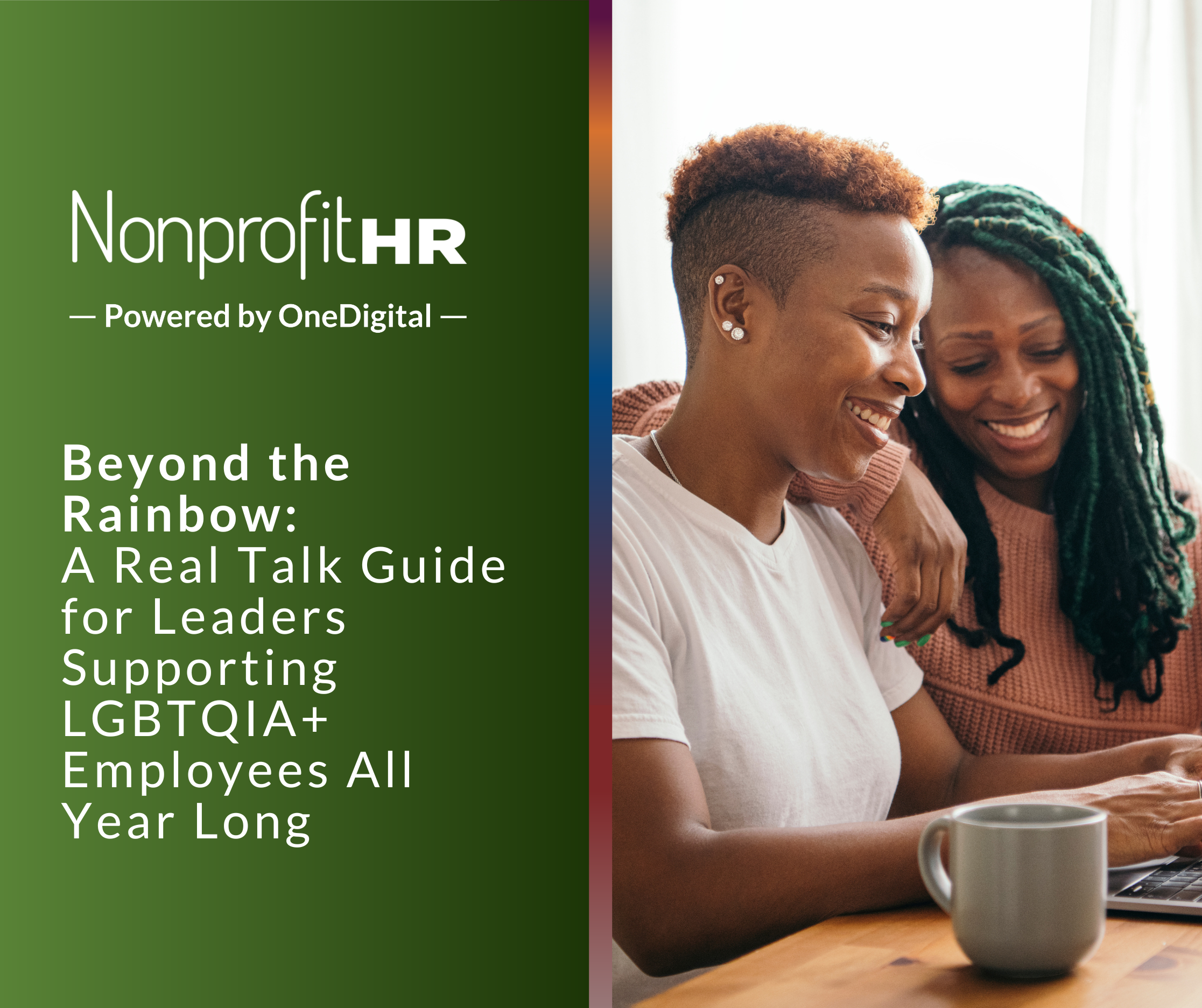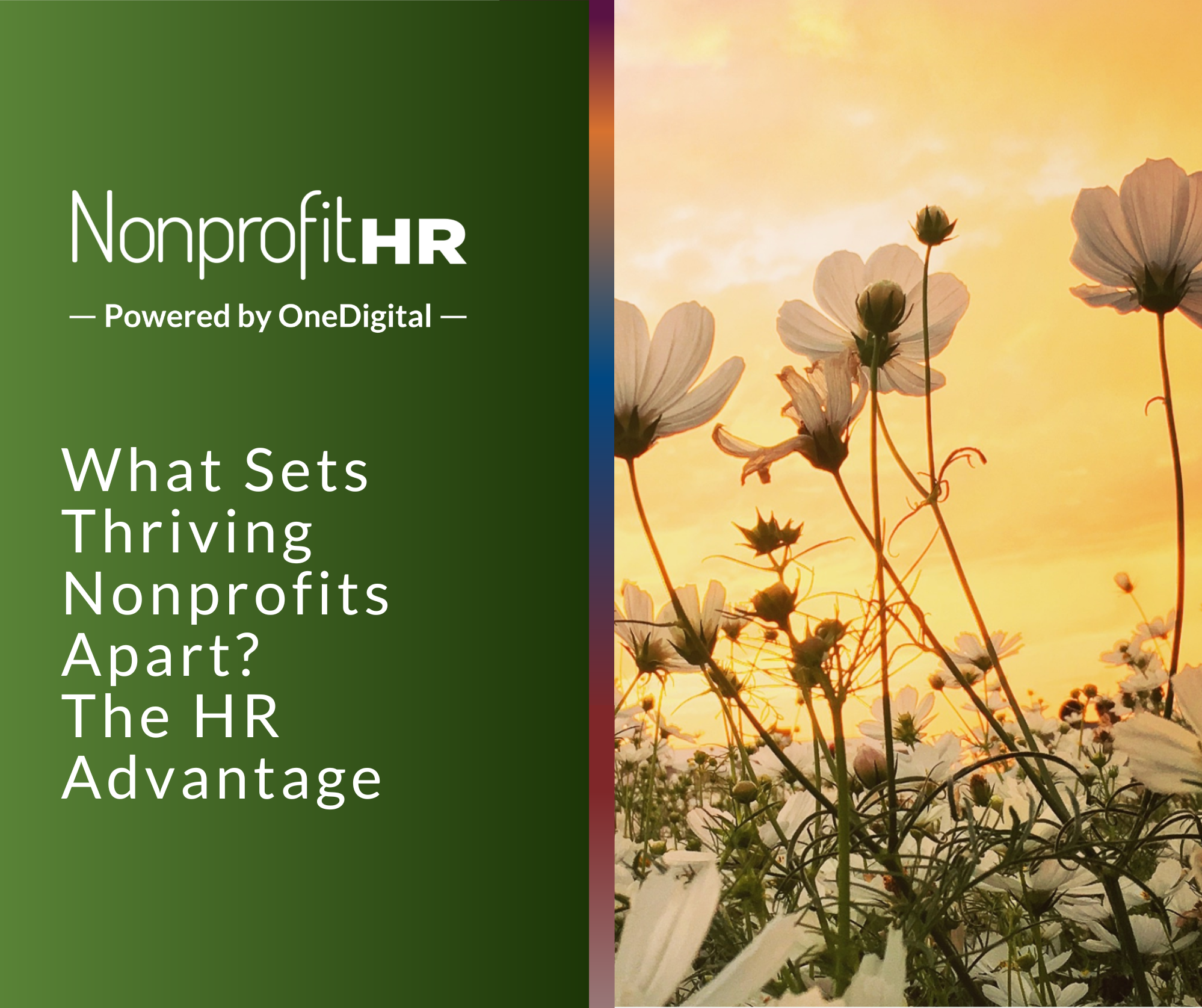WTOP: 5 ways nonprofits can…
Author Julie Berebitsky has published a new book, “Sex and the Office: A History of Gender, Power, and Desire” (Yale University Press). In it are some great gems about how HR has helped shape the internal office environment when it comes to work place gender politics. Brian Moore has an interview with the author posted here. Below are a few excerpts.
Human Resources departments effect on office relations
“In the 1940s and ’50s, you start to see the human relations approach to management. And you also see the beginnings of a greater concern with men’s behavior in the office — that maybe they’re coming on to women and that might destroy morale. If a top executive has an affair or does something sexually that gets attention, that might hurt the bottom line.
That combines with some sensational cases, like Edward R. Murrow’s expose on businesses using prostitutes to close deals. Human relations and this concern about bad press start to change the way corporations think about sex in the office.”
Prohibition against any romantic liaisons between office mates to avoid harassment problems
“It’s obviously unrealistic. Even in the 19th century, there were lots of marriages that came out of those office situations. So today, when the majority of Americans spend most of their waking hours at work, it’s obviously going to be a place where sexual and romantic relationships develop.
I think it’s wrong to try to scrub the office clean of any human emotion. Sexual harassment law is about unwelcome sexual attention or a sexual culture that makes it impossible for a man or a woman to do their jobs effectively. We need as a culture to think about what is respectful behavior in the workplace.”
The Future of office romance?
“Historically, there’s this assumption that a successful man, as one of his perks, should get access to the women in the office. And some people also have this belief that women might make up a charge of sexual harassment to get back at somebody who spurned them — we have this distrust of women.
Rethinking those assumptions about men and women would be a way to move us forward to a workplace that has less harassing and hostile behaviors and more respectful interactions that could be romantic or sexual.”





























